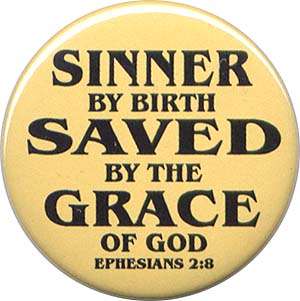
"We must both read and meditate upon the Nativity. If the meditation does not reach the heart, we shall sense no sweetness, nor shall we know what solace for humankind lies in this contemplation. The heart will not laugh nor be merry. As spray does not touch the deep, so mere meditation will not quiet the heart. 'There is such richness and goodness in this Nativity that if we should see and deeply understand, we should be dissolved in perpetual joy. Wherefore Saint Bernard declared there are here three miracles: that God and man should be joined in this Child; that a mother should remain a virgin; that Mary should have such faith as to believe that this mystery would be accomplished in her. The last is not the least of the three. The Virgin birth is a mere trifle for God; that God should become man is a greater miracle; but most amazing of all is it that this maiden should credit the announcement that she, rather than some other virgin, had been chosen to be the mother of God. She did indeed inquire of the angel, "How can these things be?"-and he answered, "Mary, you have asked too high a question for me, but the Holy Spirit will come upon you and the power of the Most High will overshadow you and you will not know yourself how it happens." Had she not believed, she could not have conceived. She held fast to the word of the angel because she had become a new creature. Even so must we be transformed and renewed in heart from day to day. Otherwise Christ is born in vain. This is the word of the prophet: "Unto us a child is born, unto us a son is given" (Isa. 9:6). This is for us the hardest point, not so much to believe that He is the son of the Virgin and God himself, as to believe that this Son of God is ours: That is where we wilt, but he who does feel it has become another man. Truly it is marvelous in our eyes that God should place a little child in the lap of a virgin and that all our blessedness should lie in him. And this Child belongs to all mankind. God feeds the whole world through a Babe nursing at Mary's breast. This must be our daily exercise : to be transformed into Christ, being nourished by this food. Then will the heart be suffused with all joy and will be strong and confident against every assault".
Martin Luther on the Nativity.
A MERRY CHRISTMAS!











